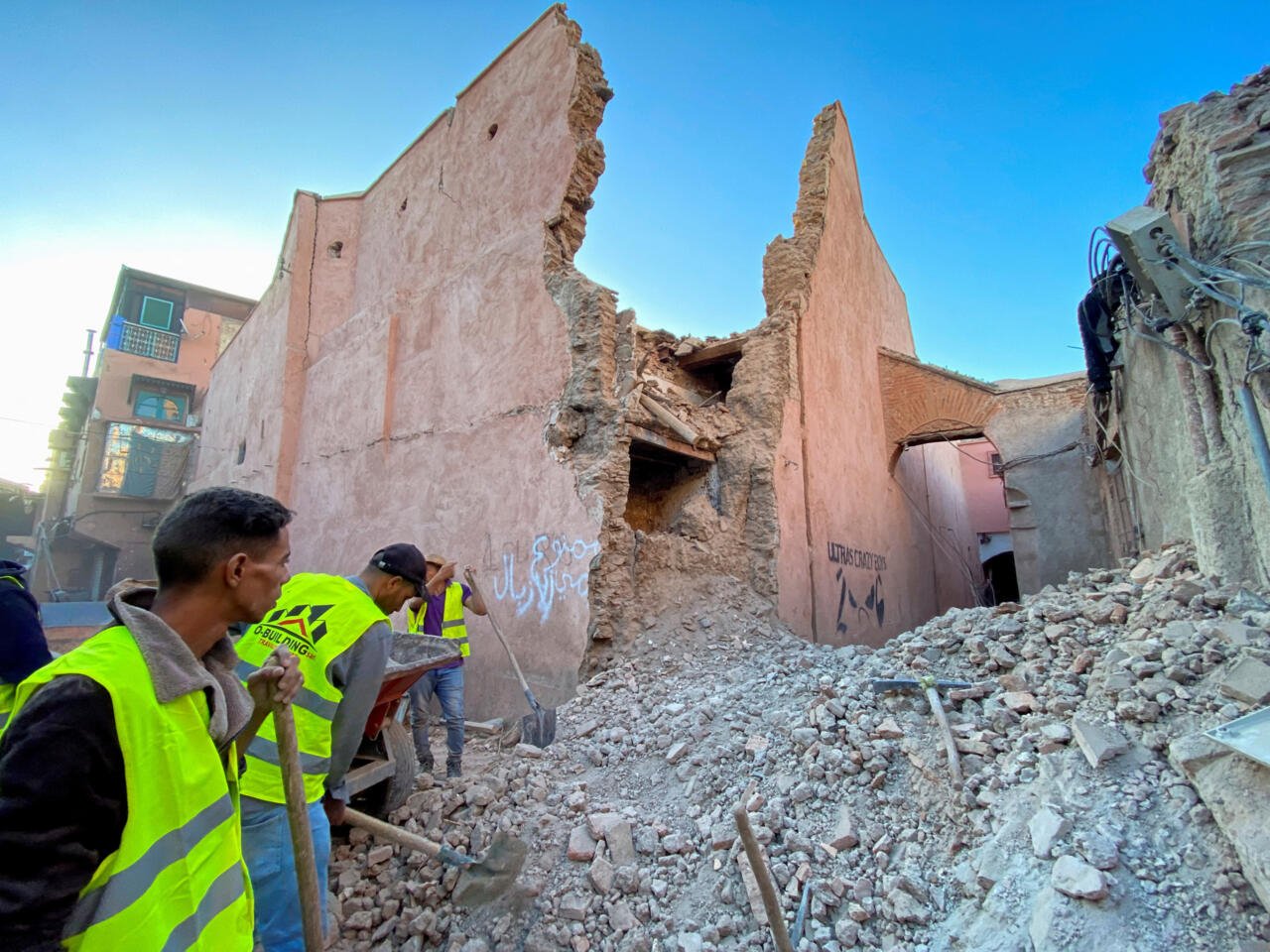Recent devastating rains that caused deadly floods across Cameroon, Chad, Niger, Nigeria, and Sudan have been exacerbated by human-driven climate change, according to an international team of scientists. The World Weather Attribution (WWA) group reported on Wednesday that global warming increased the intensity of this year’s seasonal downpours by 5-20% in the Niger and Lake Chad basins.
The WWA warned that such extreme rainfall events could become an annual occurrence if global temperatures continue to rise. “Heavy summer rainfall has now become the new normal in Sudan, Nigeria, Niger, Cameroon, and Chad,” said Izidine Pinto, a researcher at the Royal Netherlands Meteorological Institute, in a statement.
The floods this year claimed the lives of around 1,500 people and displaced over one million in West and Central Africa, according to the UN Office for the Coordination of Humanitarian Affairs (OCHA). The intense rainfall also led to dam failures in Nigeria and Sudan.
The WWA cautioned that if global warming reaches 2 degrees Celsius (3.6 degrees Fahrenheit), a threshold that could be crossed as soon as the 2050s, these severe downpours will occur nearly every year. The group called for urgent investment in early warning systems and infrastructure upgrades, including dam reinforcement.
“Africa has contributed very little to global carbon emissions, yet it faces the harshest impacts of extreme weather,” noted Joyce Kimutai, a researcher at the Centre for Environmental Policy at Imperial College London. She emphasized the importance of this year’s COP29 climate talks in November, urging wealthy nations to provide substantial financial support to help mitigate the crisis.
Recent devastating rains that caused deadly floods across Cameroon, Chad, Niger, Nigeria, and Sudan have been exacerbated by human-driven climate change, according to an international team of scientists. The World Weather Attribution (WWA) group reported on Wednesday that global warming increased the intensity of this year’s seasonal downpours by 5-20% in the Niger and Lake Chad basins.
The WWA warned that such extreme rainfall events could become an annual occurrence if global temperatures continue to rise. “Heavy summer rainfall has now become the new normal in Sudan, Nigeria, Niger, Cameroon, and Chad,” said Izidine Pinto, a researcher at the Royal Netherlands Meteorological Institute, in a statement.
The floods this year claimed the lives of around 1,500 people and displaced over one million in West and Central Africa, according to the UN Office for the Coordination of Humanitarian Affairs (OCHA). The intense rainfall also led to dam failures in Nigeria and Sudan.
The WWA cautioned that if global warming reaches 2 degrees Celsius (3.6 degrees Fahrenheit), a threshold that could be crossed as soon as the 2050s, these severe downpours will occur nearly every year. The group called for urgent investment in early warning systems and infrastructure upgrades, including dam reinforcement.
“Africa has contributed very little to global carbon emissions, yet it faces the harshest impacts of extreme weather,” noted Joyce Kimutai, a researcher at the Centre for Environmental Policy at Imperial College London. She emphasized the importance of this year’s COP29 climate talks in November, urging wealthy nations to provide substantial financial support to help mitigate the crisis.



